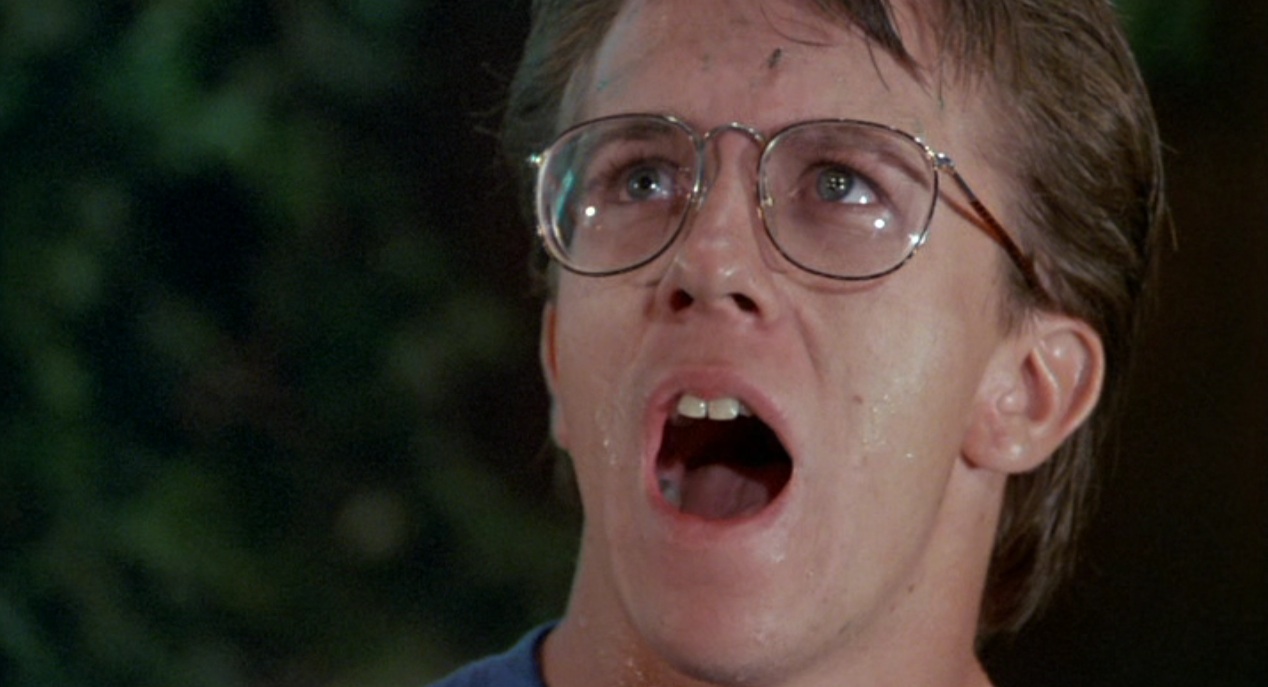Customer 1: I’ve heard it’s the worst film of all time.
Customer 2: How bad can it really be though?
Customer 1: Very bad apparently. It’s getting one star reviews from pretty much everyone.
Customer 2: Really? Screw it. Let’s go and see it. At the very least it’ll give us something to laugh about.
Customer 1: Go on then. Sure we’re here now aren’t we.
Customer 2: (Turning to me) Two tickets for Diana please.
Customer 1: I don’t suppose you serve alcohol here………
Variations on the above conversation have been extremely common in the cinema where I work since the release of Oliver Hirschbiegel’s much maligned film Diana a week and a half ago. Marketing itself as the true story of the Princess’ passionate love affair with the Pakistani heart surgeon Dr. Hasnat Khan, Diana fails as a film on almost every level. The dialogue is atrocious (“you don’t perform the surgery, the surgery performs you”), and the story is both repetitive and mind-numbingly dull. Diana is currently at a not so fresh 3% rating on review aggregator site Rotten Tomatoes. All in all, everyone seems to agree that it’s a truly terrible film. But is it so bad it’s good?
People tend to have a fascination with failure. Go on to YouTube and you’ll find countless compilation videos of awful X-Factor auditions with millions of views, nestled alongside similarly popular clips of failed stunt attempts and terrible comedians. Reddit has a thread dedicated to finding the best of the worst internet clips, where users can enjoy people who are so inept at being entertaining that they ironically become incredibly watchable. The same is true for cinema. Every year, long-suffering audiences sit through laugh-free comedies, derivative action films, predictable thrillers and turgid art-house fare. Once in a while though, a film will arrive so imperfectly formed that it transcends its awfulness. At a certain point, a very bad film can crossover and become enjoyable by virtue of its flaws.
people tend to have a fascination with failure
One of the most popular examples of this phenomenon is cult-favourite The Room. The romantic drama released in 2003 is, from a technical standpoint, an abomination. Subplots are picked up and then suddenly dropped, never to return again. The film is constantly out of focus and there aren’t enough Razzies in the world to do justice to writer, director and leading man Tommy Wiseau’s bizarre performance. So why then has this travesty since been dubbed “The Citizen Kane of bad films”? For all the reasons just mentioned above, of course! Though he’s laughably since tried to claim that his intent was to make a black comedy all along, the fact that Wiseau’s film about a tumultuous love triangle is so earnest in its intentions makes it somehow endearing. Go along to any of the numerous public screenings of the film (which typically sell out) and you’ll find an enthralled audience laughing hysterically and quoting along with our molten faced protagonist as he roars “You’re tearing me apart Lisa.”
”The Citizen Cane of bad films”?
Search online for the documentary Best Worst Movie and you’ll find a wonderfully affectionate film about another candidate for the worst movie ever made: Troll 2, which oddly doesn’t feature any trolls. Cast members are interviewed, fans are asked to explain what the film means to them, and the cult-like devotion to this frightfully poor horror flick is explored. Crucially, the director of Troll 2, Claudio Fragasso, though able to laugh at himself at first, eventually becomes tired of the guffaws during the screenings. In one agonising scene, he stands up during a Q&A session and insists that the actors making fun of their performances and his film have “no idea what they’re talking about.” What I’m trying to say is that there’s a big difference between Adam Sandler churning out Grown Ups sequels and Roger Christian attempting to sell us scientology via a seven foot tall alien John Travolta in Battlefield Earth. That difference is heart. Sandler, a gifted, once edgy comic with serious acting chops (See Punch Drunk Love) knows that he’s making dreadful films. Christian, on the other hand, was clearly trying to make an entertaining love letter to scientology, wrapped up in an ambitious sci-fi monstrosity.
that difference is heart
That heart is what brings us to American filmmaker Ed Wood. Born in in 1924, the man behind such classic good bad films as Bride of the Monster and Plan 9 From Outer Space is regarded (with affection) as one of the worst directors of all time. Memorably portrayed by Jonny Depp in Tim Burton’s eponymous Oscar-winning 1994 film, the ex-military, cross dressing auteur was a thorough believer in the magic of cinema. He was truly convinced that he was making films audiences would love for years to come. He was right, just in the wrong way.
So I hope that when Oliver Hirschbiegel has finished licking his wounds, he takes comfort in the fact that for better or for worse Diana will be remembered. Surely when it comes to the silver screen, one would rather be infamous than forgotten.







